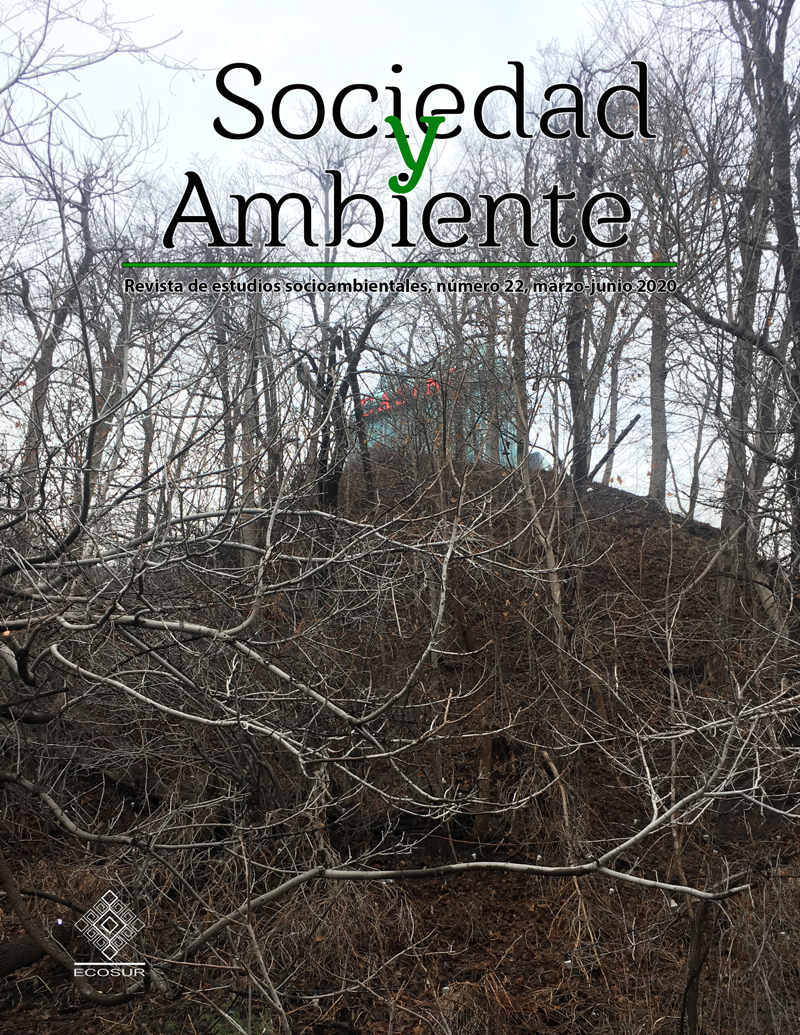Abstract
Based on an interdisciplinary study of sociopolitical participation in the formulation of the Bacalar Local Ecological Zoning Program (Spanish acronym POEL), we analyze the motivations and difficulties of considering the “natural vocation” of this territory, in other words, its ability to sustain the activities of the various living beings that inhabit it, given that it is a karst system. To include this consideration, the research team implemented an action research (AR) strategy that involved developing a hydrogeological connectivity model and joining the efforts to configure this public policy instrument. From a socioenvironmental perspective, the research included ethnographic techniques such as interviews, participant observation, and a field diary. The results show that some of the territorial representations of the actors are incompatible with the characteristics of the karst system, suggesting the need for a participatory policy designed to build a common view of the territory through the socialization of knowledge between the stakeholders and the sectors involved. Among the limitations of AR, it was found that, despite achieving the convergence of sectors, the inertial dynamics, which have so far prevented the entry into force of POEL in an increasingly coveted, at-risk space for the ecosystem and those who inhabit it, remain in place.

Sociedad y Ambiente by ECOSUR is licensed under a Creative Commons Reconocimiento-NoComercial-SinObraDerivada 2.5 México License


